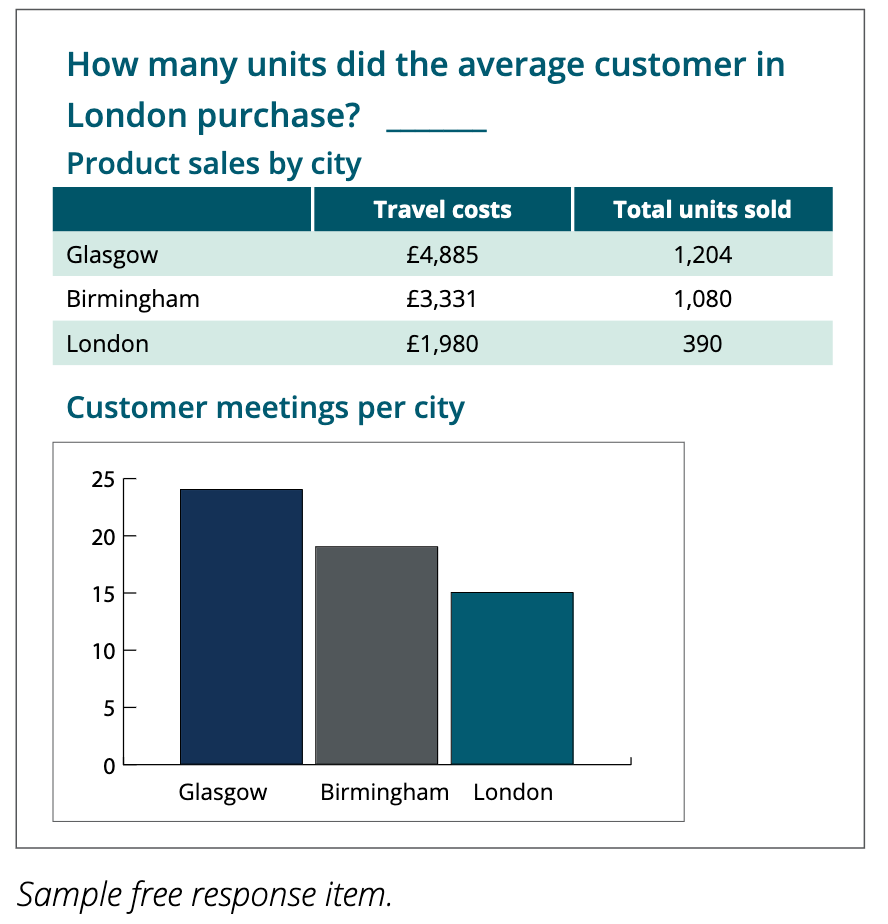How to Predict Your Candidates' Job Performance With Up To 74 Certainty
by

Did you know that 4 out of 5 Fortune 500 companies use psychometric testing as part of their recruitment process?
The practice of assessing job candidates has a long history. In ancient China, candidates for prestigious jobs were required to successfully pass a demanding exam to demonstrate their abilities in areas like law, military, agriculture, and economy. In most cases only the top 3% of candidates were considered, and those selected for such jobs had to retake these exams every three years.
The Beginning of Modern Psychometric Tests
The practice of psychometric testing as we know it today can be traced back to the work of Francis Galton, an English polymath, in the 1880s. Galton created a testing framework to measure the intelligence of people by assessing their sensory and motor skills. He was also the one who coined the term ‘psychometric’.
One of his followers, James Cattell, established in 1887 the first laboratory for psychometrics as a scientific discipline. He worked to established psychology as a scientific field that would be as valuable as fields like chemistry or physics.
In 1917, Robert Woodworth introduced the Personal Data checklist to identify psychoneurosis in recruits during World War I. In the 1950s and 1960s, further research led to the conception of the well-known Big Five personality test.
Present-day Use of Psychometric Tests in Recruitment
Nowadays about 80% of the Fortune 500 companies have made psychometric tests part of their recruitment process. By doing so, their recruiters can measure the cognitive abilities, personality traits, motivations and aptitude of their candidates. As a result, hiring managers get objective insights in the dynamics, capabilities, and suitability of candidates for their open positions.
Psychometric tests can roughly be divided into aptitude tests, personality tests and behavioural tests. Aptitude tests assess cognitive abilities and reasoning skills, which provides insights in the candidate’s intellectual potential and their capacity to learn and adapt in different situations.
Personality tests, on the other hand, focus on understanding on a candidate’s unique personality traits, behavioural tendencies, and motivations. Such tests examine aspects like extraversion versus introversion, emotional stability, openness to experience, conscientiousness and agreeableness, which provides insights in the candidate’s behavioural patterns, preferences and compatibility with specific job roles and work environments.
Behavioural tests delve deeper into a candidate’s behaviours, values, and preferences. They aim to predict how a candidate responds to different situations, their communication style, their problem-solving approach, and their interpersonal skills.
Aptitude Tests
Aptitude tests are widely considered to be most crucial for determining job performance, with a correlation ranging from 0.65 to 0.74. In contrast, the predictive power of a traditional resume (CV) is relatively weak: only 0.10 correlation between education and job performance and 0.16 correlation between work experience and job performance.
One of the most used aptitude tests assesses an individual’s ability to recognize patters and sequences within visuals such as this sample question from the Raven's Adaptive:

Another example is the Numerical Reasoning test, which measures the candidate’s ability to work with and understand numbers as part of their decision making:

Behavioral Tests
In contrast, behavioral tests focus on assessing a candidate’s preferred behavioral patterns and work style. Behavioral tests have demonstrated a correlation of 0.45, making it a valuable predictor of job success and fit with the organization. Personality tests assess the candidate’s intrinsic personality by posing questions related to their thoughts, feelings, and behaviors, and seek to categorize aspects of an individual’s personality.
Advantages of Psychometric Tests
Psychometric tests uncover several aspects of candidates that you won’t discover from resumes alone. Recruiters, therefore, often state to make use of psychometrics tests for the following reasons:
- Reducing bias: psychometric tests are developed using rigorous scientific methods and have established norms. This ensures fairness and consistency in the recruitment process. Recruiters and hiring managers can make more reliable and unbiased comparisons among candidates, reducing the influence of subjective biases and personal preferences.
- Improve quality of candidates: recruiters can immediately sift unsuitable applicants when psychometric tests are used at the very beginning of an application process, thereby improving the overall quality of applicants that are invited for an interview.
- Improving efficiency: psychometric tests allow recruiters to sort through the stack of applicants easily and accurately, thereby saving them a large amount of time.
Unlock the Power of Psychometrics with Pearson TalentLens
Learn how Pearson TalentLens can help empower your talent acquisition teams to use psychometric tools. Reach out to our team for information about our talent assessment platform.

